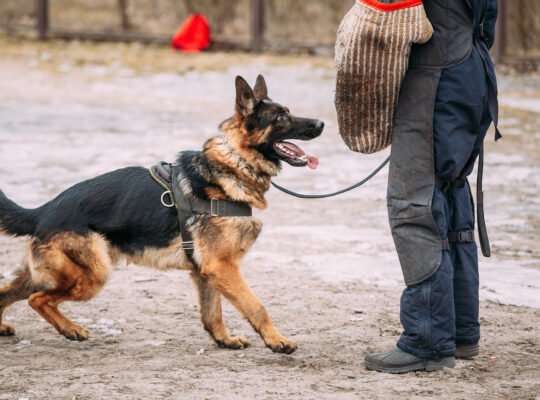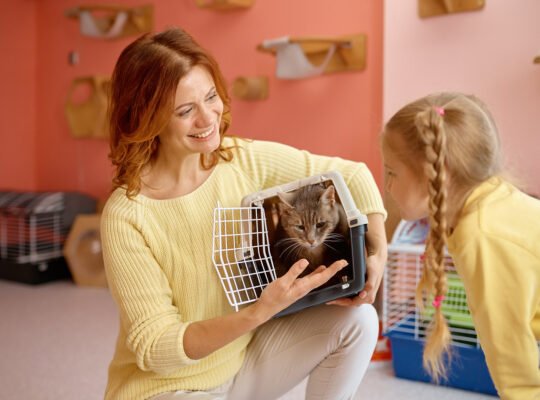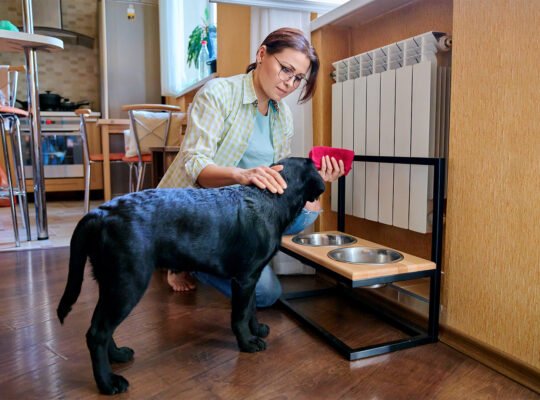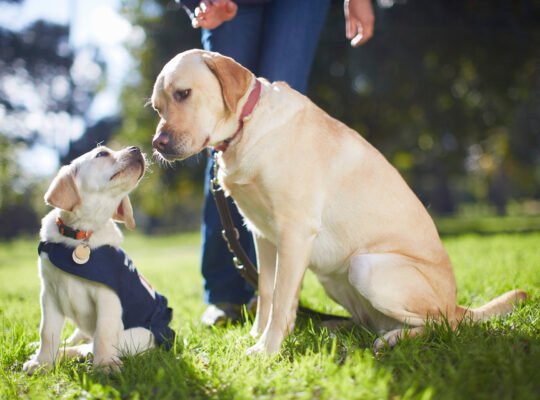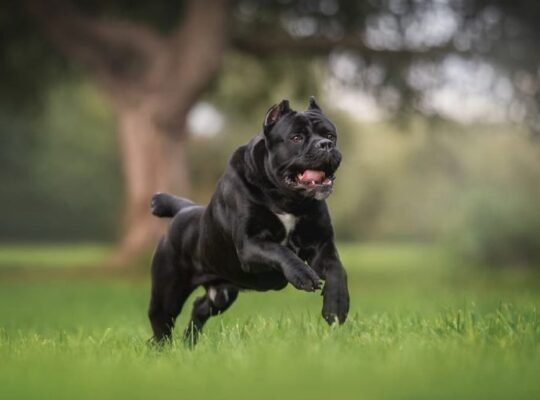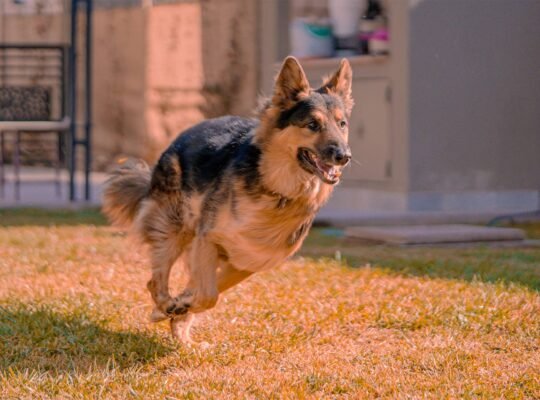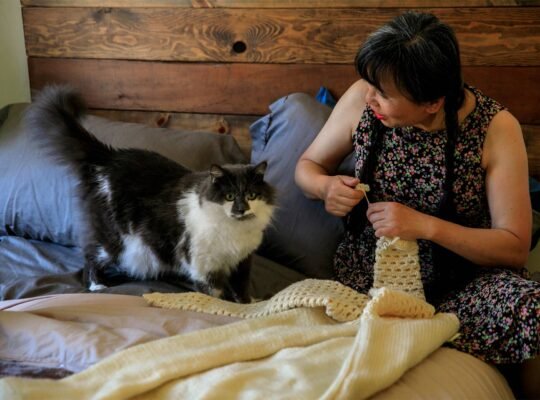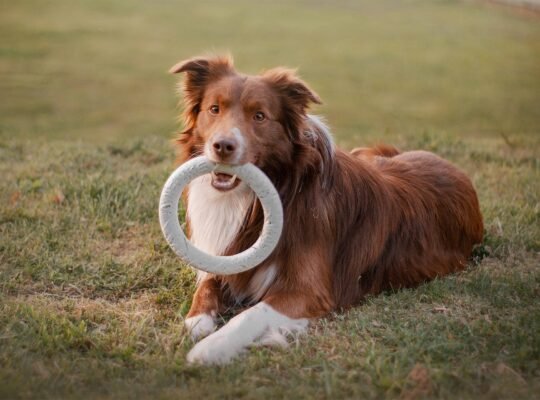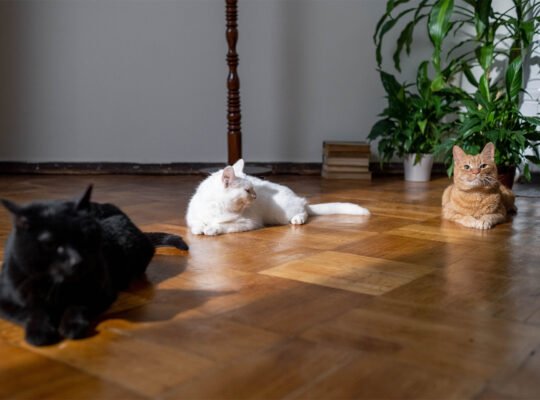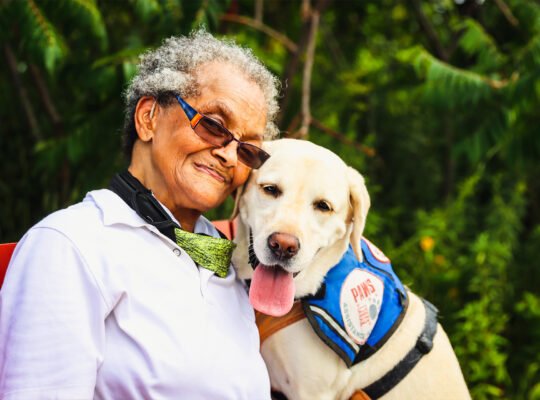The Cane Corso, an Italian breed known for its majestic appearance and protective nature, has captured the hearts of many dog enthusiasts worldwide. Originating from Italy, this ancient breed has a rich history as a hunting and guard dog, making it both a loyal companion and a formidable protector.
Importance of Proper Nutrition for Maintaining Health and Vitality:
Just as with any dog breed, the Cane Corso thrives best when provided with optimal nutrition. A well-balanced diet not only ensures a shiny coat and strong bones but also supports their active lifestyle and reduces the risk of health issues. As Cane Corso owners, understanding their unique dietary needs is paramount to ensuring a long, healthy life for these gentle giants.
Understanding the Nutritional Needs of Cane Corsos
Basic Dietary Requirements: Protein, Fats, Carbohydrates:
Cane Corsos, given their muscular build and active nature, require a diet rich in high-quality protein sources like chicken, beef, or fish. Fats, especially omega-3 and omega-6 fatty acids, are essential for skin and coat health. Carbohydrates provide them with the energy they need, but it’s crucial to choose complex carbs like sweet potatoes or brown rice over fillers like corn or soy.
The Significance of Age: Puppies vs. Adults vs. Seniors:
The nutritional needs of a Cane Corso change as they grow. Puppies require more protein and fat to support their rapid growth. Adult Corsos need a balanced diet to maintain their weight and muscle mass. Senior Corsos, on the other hand, might need fewer calories but more joint support and easily digestible proteins.
Activity Level Considerations: Working Dogs vs. Household Pets:
A working Cane Corso, perhaps involved in protection or agility training, will have different caloric and nutritional needs compared to a more sedentary household pet. It’s essential to adjust their diet based on their activity level to prevent obesity or malnutrition.
The Role of Breed-Specific Nutrition
Why Breed-Specific Nutrition Matters:
Every dog breed has unique characteristics, and the Cane Corso is no exception. Their large size, muscular physique, and specific health predispositions make breed-specific nutrition essential. By catering to their unique needs, owners can ensure optimal health, longevity, and quality of life for their Cane Corso.
Unique Dietary Needs of Cane Corsos Compared to Other Breeds:
While many dietary components are universal for all dogs, Cane Corsos have certain specific needs. Their rapid growth as puppies requires careful calcium and phosphorus balancing to prevent bone issues. Additionally, due to their size and activity level, they may benefit from joint-supporting nutrients like glucosamine and chondroitin.
Top Recommended Dog Foods for Cane Corsos
Commercial Dog Food Options:
When it comes to commercial dog food, not all brands are created equal. For Cane Corsos, it’s crucial to choose brands that prioritize high-quality protein sources, avoid unnecessary fillers, and cater to the breed’s specific needs. Whether you’re considering grain-free, grain-inclusive, raw, kibble, or canned options, always prioritize quality and nutritional balance.
Homemade Meal Options:
For those who prefer a more hands-on approach, homemade meals can be a great way to ensure your Cane Corso gets the best nutrition. While this option requires more effort and knowledge, it allows for customization based on individual needs. Remember to consult with a veterinarian or canine nutritionist to ensure the meals are balanced and complete.
The Debate: Raw Diet for Cane Corsos
Pros and Cons of Raw Feeding:
The raw diet, often referred to as BARF (Biologically Appropriate Raw Food), has gained traction among many Cane Corso enthusiasts. Advocates argue that it mirrors the natural diet of wild canines, leading to shinier coats, healthier skin, and increased energy. However, critics point out potential risks, such as bacterial contamination, nutritional imbalances, and the danger of feeding inappropriate raw bones.
Safety Precautions and Best Practices:
If considering a raw diet for your Cane Corso, it’s vital to prioritize safety. This includes sourcing high-quality, fresh meat, ensuring a balanced nutrient profile, and being aware of potential choking hazards. Regular consultations with a veterinarian or pet nutritionist can guide owners in making informed decisions.
Supplements for Cane Corsos: Are They Necessary?
Common Supplements:
While a well-balanced diet should provide most of the essential nutrients, some Cane Corsos may benefit from supplements. Common supplements include joint support formulas (like glucosamine and chondroitin), omega fatty acids for skin and coat health, and probiotics for digestive well-being.
When to Consider Adding Supplements to Your Dog’s Diet:
Not all Cane Corsos will require supplements. However, if your dog shows signs of joint discomfort, has a dull coat, or experiences digestive issues, supplements might be beneficial. Always consult with a veterinarian before introducing any new supplement to ensure it’s appropriate and safe.
Recognizing and Addressing Food Allergies
Common Allergens for Cane Corsos:
Just like humans, Cane Corsos can be sensitive to certain food ingredients. Common allergens include beef, chicken, dairy, wheat, and soy. It’s essential to be observant and recognize symptoms that might indicate a food allergy, such as itching, ear infections, gastrointestinal issues, or skin rashes.
How to Conduct an Elimination Diet:
If you suspect your Cane Corso has a food allergy, an elimination diet can help pinpoint the culprit. Start by feeding a limited ingredient diet, then gradually reintroduce potential allergens one by one, observing for any adverse reactions. This methodical approach, guided by a veterinarian, can help identify and eliminate problematic ingredients.
Tips for Transitioning Foods
Why Gradual Transitions are Essential:
Switching your Cane Corso’s food abruptly can lead to digestive upset. A gradual transition over a week or so, mixing increasing amounts of the new food with decreasing amounts of the old, can help their system adjust smoothly.
Step-by-Step Guide to Switching Your Cane Corso’s Diet Safely:
- Days 1-2: Serve 75% of the old food mixed with 25% of the new food.
- Days 3-4: Adjust the ratio to 50% old food and 50% new food.
- Days 5-6: Serve 25% of the old food mixed with 75% of the new food.
- Day 7 and onward: Serve 100% of the new food.
This gradual approach minimizes the risk of gastrointestinal issues and ensures your Cane Corso accepts and enjoys their new diet.
Feeding Guidelines: How Much and How Often?
Portion Sizes Based on Age, Weight, and Activity Level:
The amount of food a Cane Corso requires can vary based on several factors. Puppies, with their rapid growth, often need more calories per pound than adults. Similarly, an active working dog will have higher caloric needs than a sedentary one. It’s essential to refer to feeding charts provided by dog food manufacturers and adjust based on your dog’s individual needs.
The Debate on Meal Frequency: Once vs. Twice a Day:
While some owners prefer feeding their Cane Corso once a day, many veterinarians and canine nutritionists recommend two smaller meals to prevent bloat, a condition large breeds like the Cane Corso are predisposed to. Splitting the daily portion into two meals can aid digestion and maintain steady energy levels.
Conclusion
Recap of the Importance of Proper Nutrition for Cane Corsos:
A well-balanced diet is the cornerstone of health for any dog, and the Cane Corso is no exception. By understanding their unique nutritional needs and being proactive in their dietary choices, owners can ensure their Cane Corso thrives, enjoying a long, active, and healthy life.
Encouragement for Owners to Consult with Veterinarians for Personalized Advice:
Every Cane Corso is an individual, and while general guidelines are helpful, personalized advice from a veterinarian or canine nutritionist can make all the difference. Regular check-ups and open communication with professionals can ensure your dog’s diet is truly optimal for them.


